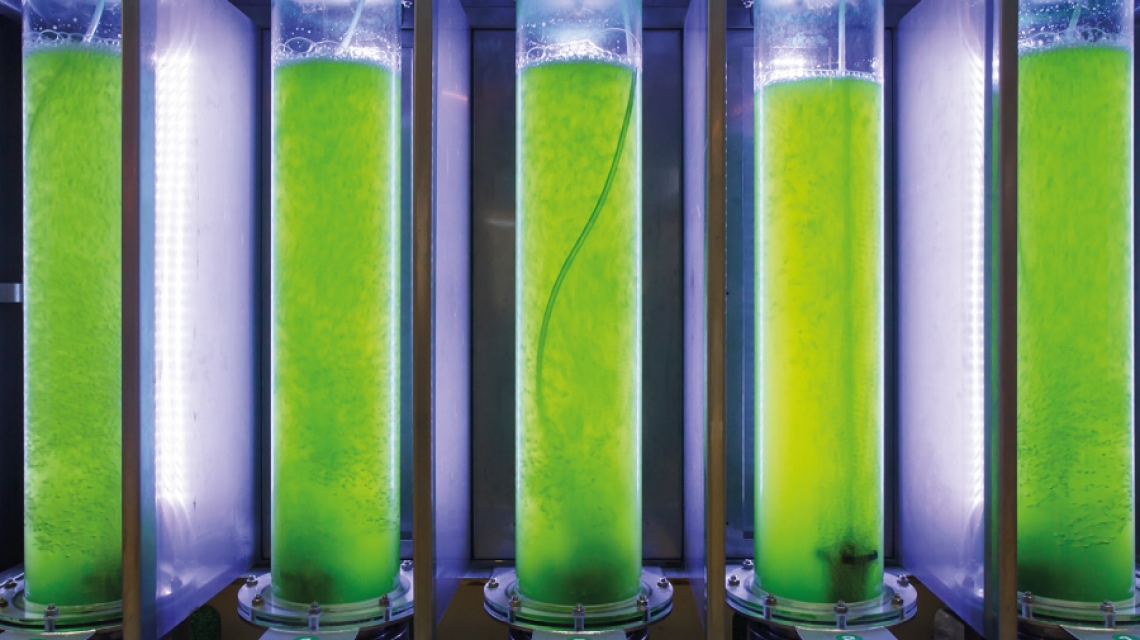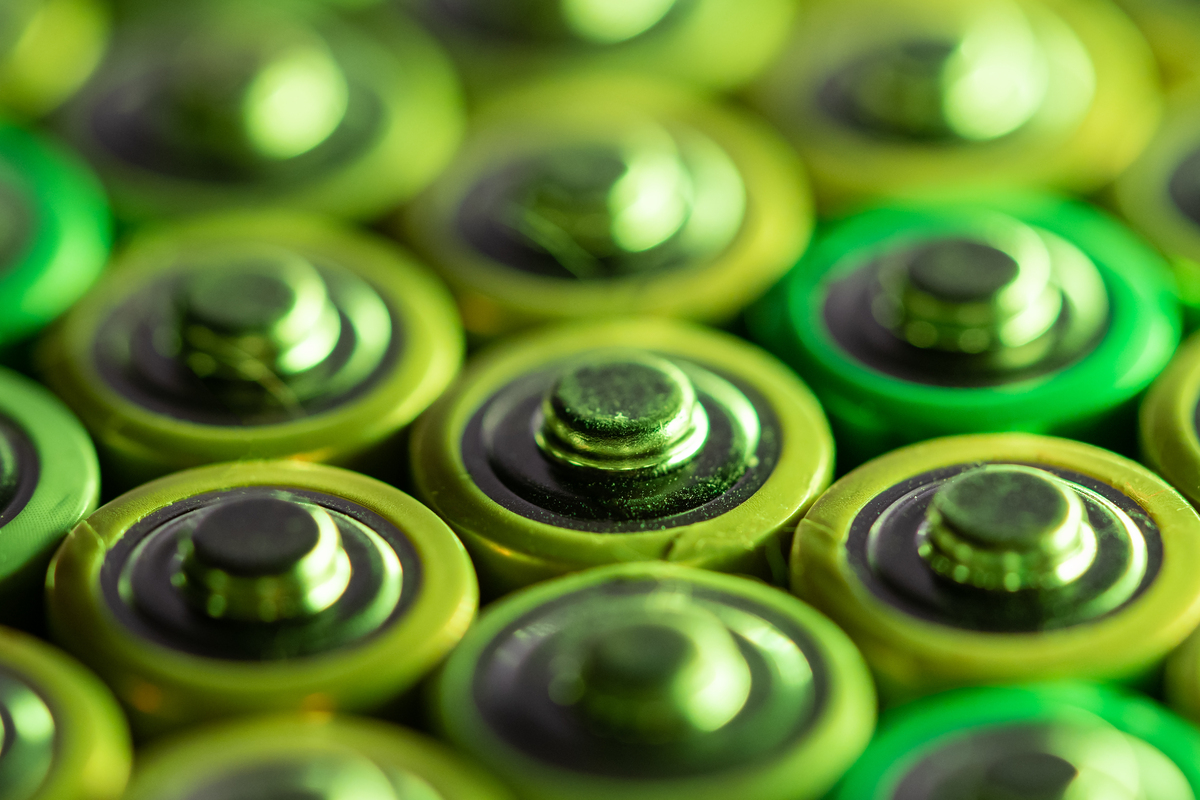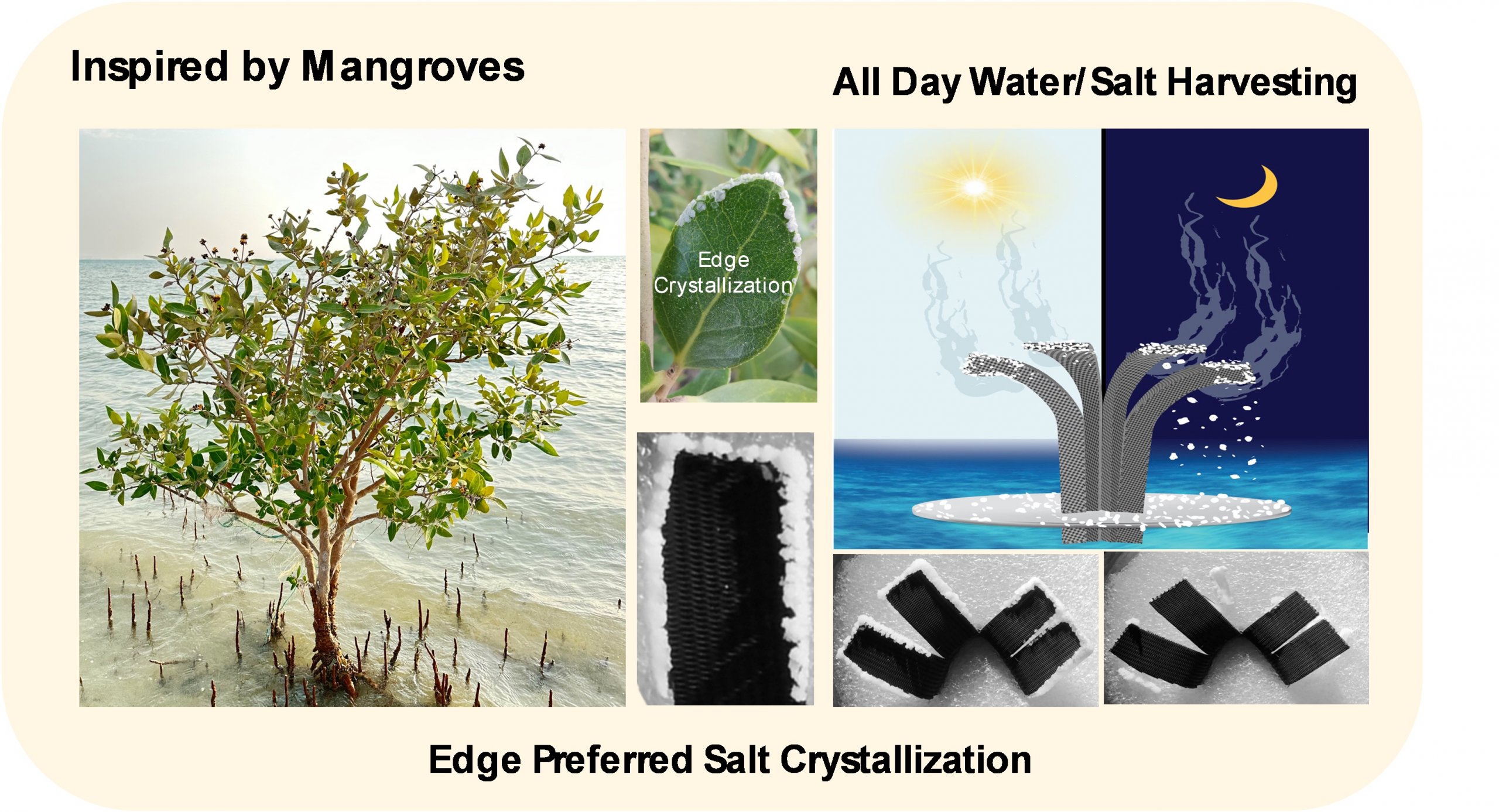
A Masdar Institute faculty member is advancing science’s ability to capitalize on the transformative potential of enzymes – nature’s chemical catalysts – with a new book on her research of cutting-edge enzyme-based technologies to produce useful chemicals, which is set to be released in December.
Dr. Hanifa Taher, an Assistant Professor of Chemical Engineering, co-authored the book titled Supercritical Fluids Technology in Lipase Catalyzed Processes with Dr. Sulaiman Al-Zuhair, Associate Professor of Chemical and Petroleum from UAE University. The title is Dr. Taher’s first book and the third full book to be published by a Masdar Institute faculty member.
“Of all known enzymes, lipases represent the most important group of biocatalysts for biotechnological applications,” said Dr. Taher. “Lipases’ versatility makes them the enzyme of choice for many industrial activities that require catalytic processes, and they are a much greener, or environmentally friendly, option for biodiesel production over conventional chemical processes.”
Lipase is an enzyme that the body produces naturally to break down fats in food so they can be absorbed in the intestines. Similarly, lipases can be used to catalyze the breakdown of animal fat and plant oils – the primary biodiesel feedstocks – in order to transform the raw fat or oil into esters, which is biodiesel.
Other than biodiesel production, lipases extracted from microorganisms are used in various industries such as dairy, food, detergents, textile, pharmaceutical, and cosmetic industries. Lipases are also used for synthesis of fine chemicals, agrochemicals and plastics.
Enzymes are considered the environmentally friendly solution to industrial problems; they can perform the same job as a chemical, but cheaper and without threatening the environment. Although chemicals are still used to catalyze the conversion of raw fat or oil to fuel, enzymes, such as lipases, are preferred to chemicals because they yield a higher conversion rate and can be separated from the biodiesel and reused.
The book, which is being published by CRC Press, presents a comprehensive review of the Dr. Taher and Dr. Al-Zuhair’s innovative research of lipases – which are enzymes that break down fats to produce bioenergy – and how they can be used to get more out of the plant oils in a sustainable, environmentally friendly way.
“The book presents our research on how lipases exposed to supercritical fluids enhances biodiesel production,” Dr. Taher explained. “We think this technology could make biofuel production a lot more efficient and sustainable.”
Their research examines how combining lipases with a supercritical fluid – a liquid that is compressed and heated beyond its critical point – yields greater amounts of biodiesel and is more environmentally friendly than conventional solvent extraction techniques.
Supercritical fluids are nontoxic, nonhazardous, chemically stable, inexpensive, and have shown to be a promising technique for future large-scale biodiesel production. They significantly increase the amount of oil that can be extracted from plants by preventing degradation to the lipases.
“Supercritical fluids (SCF) are new to biodiesel production and they represent a breakthrough technology in the industry. SCF is very sustainable route for biodiesel production and I am eager to see how this technology will grow and further advance the efficiency of biodiesel production in the coming years,” Dr. Taher said.
Dr. Taher has been studying lipases and their catalytic role in the production of biodiesel since her graduate studies at UAE University, where she earned her PhD in Chemical Engineering in 2014.
She has reviewed a number of research articles submitted for publication to international journals including Biomass and Bioenergy, Fuel, the Journal of Supercritical Fluids and other waste management journals. In addition, she was member in the organizing committees of several events organized by UAE University including the Renewable Energy Conference in 2010 and 2012 and the Future UAE Energy and Environment leaders’ Competitions in 2013 and 2014.
Erica Solomon
News and Features Writer
23 August 2015






